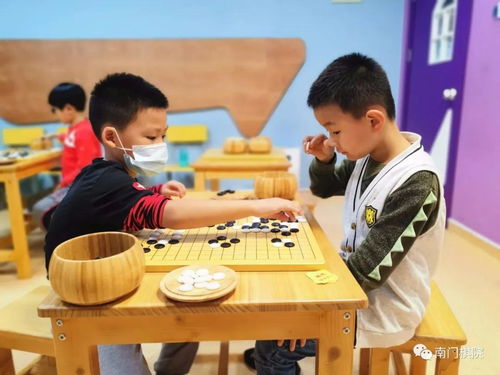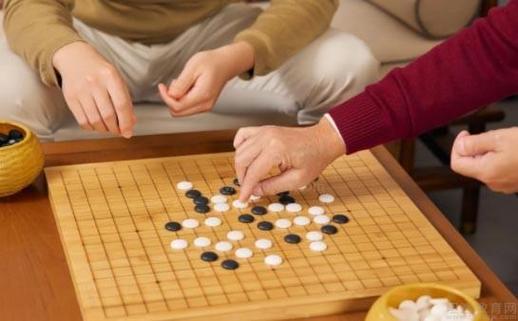围棋英语作文高中
Title: The Game of Go: An Introduction to the Ancient Chinese Board Game
Introduction:
Go, also known as Weiqi, is an ancient Chinese board game that has been played for over 2,500 years. It is one of the oldest board games still played today and is deeply rooted in Chinese culture. In recent years, Go has gained international popularity, and many countries, including Japan and South Korea, have developed strong professional Go players. In this article, we will explore the rules of Go, its benefits, and its cultural significance.
I. Rules of Go:
Go is played on a square board divided into a grid of 19x19 lines. Each player, traditionally referred to as Black and White, takes turns placing one stone of their respective color on the intersections of the lines. The objective is to gain territory by surrounding empty intersections and capturing the opponent's stones. Stones can be connected in order to form stronger groups and enhance their territorial influence.
II. Benefits of Playing Go:
1. Intellectual Development: Go is known for its complexity and strategic depth. Playing Go enhances critical thinking, analytical skills, and decisionmaking abilities. It promotes logical reasoning and fosters a sense of creativity, as players need to adapt to changing board positions and anticipate their opponent's moves.
2. Concentration and Patience: Go requires intense focus and concentration. The game can last for several hours and demands patience from players, as they carefully consider each move. By playing Go, individuals can improve their ability to concentrate for extended periods and develop patience in dealing with complex situations.
3. Character Development: Go teaches important life lessons, such as resilience, persistence, and humility. It encourages players to learn from their mistakes, adapt their strategies, and develop longterm thinking. Go players often develop a strong sense of sportsmanship and respect for their opponents.

4. Social Interaction: Go is often played facetoface, promoting social interaction and fostering a sense of community. Playing Go with others allows for the exchange of ideas and strategies, creating an environment for learning and personal growth. This social aspect of the game helps build friendships and connections across cultures.
III. Cultural Significance:
1. Symbolism: Go has deep symbolic meanings in Chinese culture. The board represents the universe, while the stones symbolize the interactions between opposing forces. Go embodies the philosophy of balance, harmony, and patience, reflecting the principles of Taoism and Confucianism. It has also been used as a metaphor in Chinese literature and art.
2. Educational Value: Go has been part of the Chinese education system for centuries. It is believed to develop discipline, concentration, and strategic thinking in children. The game is often used as a tool for teaching important values, such as perseverance and respect for rules.
3. International Influence: Go's popularity has spread beyond China's borders and has become an international symbol of intellectual competition and cultural exchange. It has gained recognition as a mind sport, with numerous international tournaments, professional players, and Go associations worldwide.
Conclusion:
Go is not just a board game; it is a window into Chinese culture and a tool for personal development. Its strategic complexity, intellectual benefits, and cultural significance make it a unique and valuable game. Whether you are a beginner or an experienced player, the world of Go offers endless possibilities for learning, growth, and enjoyment. So, pick up the stones, place them on the board, and embark on a fascinating journey of strategic thinking and cultural exploration.











